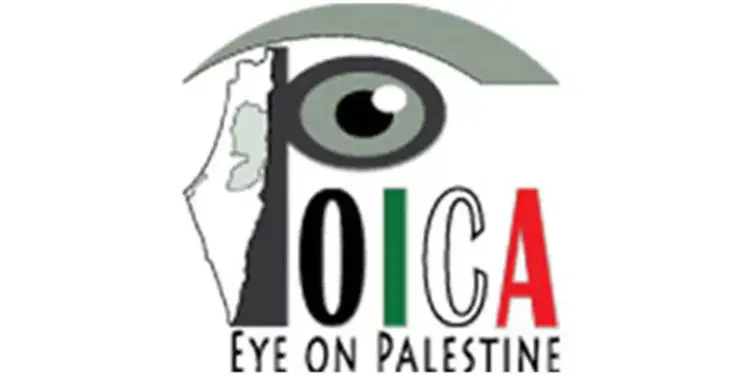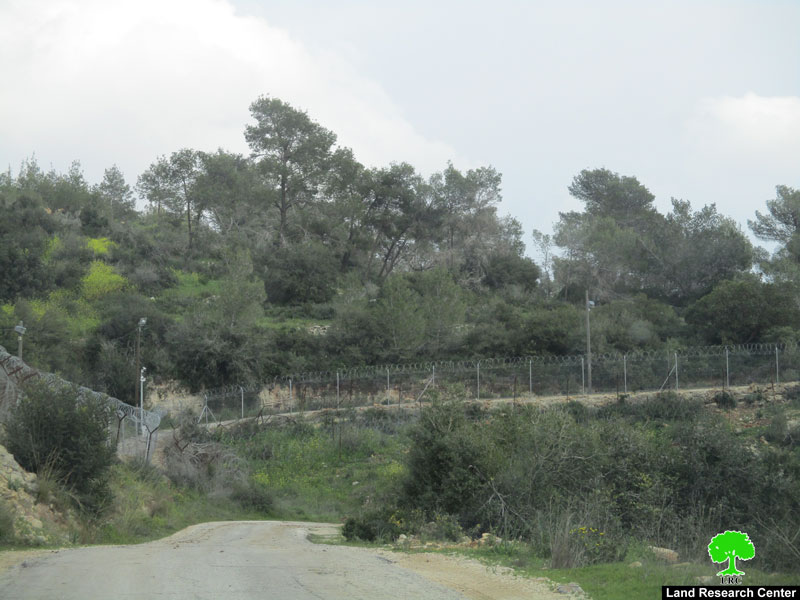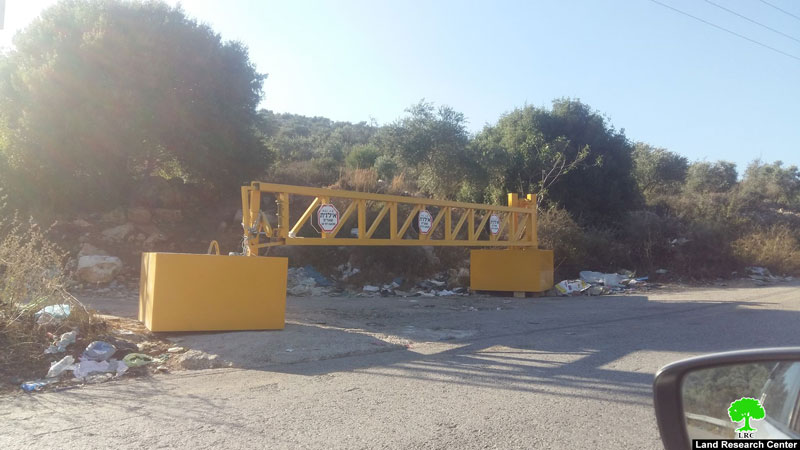Imreha is located 4 km to the south east of Ya’bad; a small village that has been drained of consecutive catastrophes and aggressions. Imreha is inhabited by around 400 people, most of them are refugees. It is unrecognized by the Israelis who waste no time in attempting to cleanse it; the villagers have been denied basic services of water, electricity, and transportation.
Lately, the Israeli Occupation Army set three watchtowers around Imreha imposing facts on the ground and behaving that the village does not exist. The placement of the watch tower will automatically prevent the people from using the lands surrounding them; thus herding in the area will become prohibited despite the fact that most of the people rely on herding in their living. Imreha is surrounded by five Israeli colonies, these are:
1. Harmish, established in 1983.
2. Hinanit, established in 1981.
3. Rihan, established in 1976.
4. Shakid, established in 1981.
5. mevo Dotan, established in 1983.
Israeli colonies consumed and the village and drained its resource forcing many families to leave. So far, 20 families have moved from the village to the nearby Ya’bad; knowing that most of the villagers are refugees of Al Sindyana village which was destroyed during the Israeli Occupation of Palestine in 1948.
Picture 1-3: life in Imreha
It must be noted that 15 structures in Imreha have already received demolition notifications. The Israeli totally reject any organizational plan for the village and insist on its removal. Mousa al Hamdoni stated to an LRC observer: ‘suffering is obvious in Imreha, the roads are unpaved due to Israeli prohibition and if any one thought that the prohibitions are on residences only, I tell hi, it is everything’.
‘we managed to acquire funding to pave the main road in the village; however, the project could not be implemented due to the fact that we cannot obtain construction permits of any type in area classified ‘C’ according to Oslo, an area where life stops for Palestinians and given to colonization.
We lack phone services, public services, and educational services rendering Ya’bad to become motherlike; even as a village council, we have not been able to build a headquarter.’ He wondered about children’s rights, he said: ‘we cannot even establish a kindergarten or an elementary school despite receiving funding for the project’ He pointed that for years, the village lack electricity; however, 2 years ago the village was bright through a project funded by the Palestinian Ministry of Finance. A project for setting water network is being implemented despite facing all kinds of obstacles and trouble.
Prepared by
The Land Research Center
LRC















